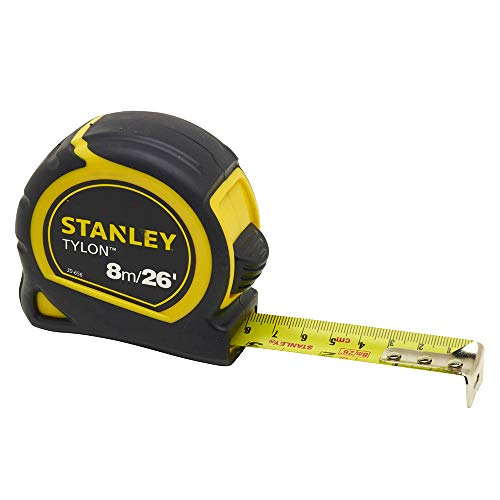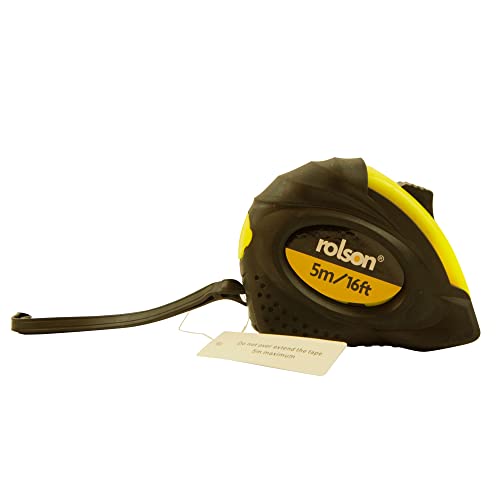Introduction
Digital tape measures have become increasingly popular in recent years, offering a more efficient and accurate way of measuring compared to traditional measuring tapes. These devices use advanced technology such as laser or sonic sensors to measure distances, making them highly efficient and convenient for various applications.
Understanding the Accuracy of Digital Tape Measures
The accuracy of digital tape measures can vary depending on the brand and model. Most digital tape measures claim to have an accuracy of up to 1/16th of an inch or 0.1mm, which is significantly more precise than a traditional tape measure. However, it is important to consider factors that may affect the accuracy of these devices.
One crucial factor is user error. While digital tape measures eliminate the need for physically extending the tape, users must still properly align the device and ensure accurate placement for measurements. Inaccurate alignment or placement can lead to measurements that are slightly off.
Another factor that can affect accuracy is the quality of the digital tape measure itself. Cheaper models may not be as accurate as higher-end options. It is recommended to invest in a reputable brand known for producing accurate and reliable digital tape measures.
Additionally, environmental factors can impact the accuracy of digital tape measures. For instance, bright sunlight or reflective surfaces can interfere with laser measurements, causing inaccuracies. It is important to consider these factors and take appropriate precautions when using a digital tape measure in different conditions.
Benefits of Using Digital Tape Measures
Despite the potential for slight inaccuracies, digital tape measures offer several advantages over traditional tape measures. Their digital display provides clear and precise measurements, eliminating the need for manual interpretation of tape markings.
Digital tape measures also often come with additional features, such as the ability to save and recall measurements, calculate area and volume, and switch between different units of measurement. These added functionalities make them highly versatile and convenient for a wide range of applications, including construction, interior designing, and DIY projects.
Furthermore, digital tape measures are typically compact and lightweight, making them easy to carry and store. Their digital nature also allows for easy conversion between metric and imperial units, catering to different measurement preferences.
Tips for Ensuring Accuracy with Digital Tape Measures
While digital tape measures are designed to be accurate, there are a few tips to keep in mind to ensure the most precise measurements:
- Take multiple measurements: To minimize the impact of user error, take multiple measurements and compare the results. This can help confirm the accuracy of the digital tape measure.
- Avoid extreme conditions: Avoid using a digital tape measure in extreme heat, cold, or humidity, as these conditions can affect accuracy. It is best to use the device within recommended temperature and humidity ranges provided by the manufacturer.
- Regularly calibrate the tape measure: Digital tape measures may require periodic calibration to maintain accuracy. Follow the manufacturer’s instructions for calibration or have the device serviced by a professional if necessary.
- Consider the measurement distance: Some digital tape measures may have a maximum measurement distance, beyond which accuracy may decrease. Be aware of the device’s limitations and choose the appropriate measure for the task at hand.
- Use a stable surface or tripod: When using laser-based digital tape measures, using a stable surface or tripod can help ensure accurate measurements. This reduces the risk of any movement or shaking that may affect the readings.
Conclusion
Digital tape measures offer a high level of accuracy compared to traditional tape measures, with precision as fine as 1/16th of an inch or 0.1mm. However, it is important to keep in mind factors that may affect their accuracy, such as user error, the quality of the device, and environmental conditions.
By following the tips for ensuring accuracy and understanding the limitations of digital tape measures, users can confidently rely on these devices for precise measurements in various applications.






